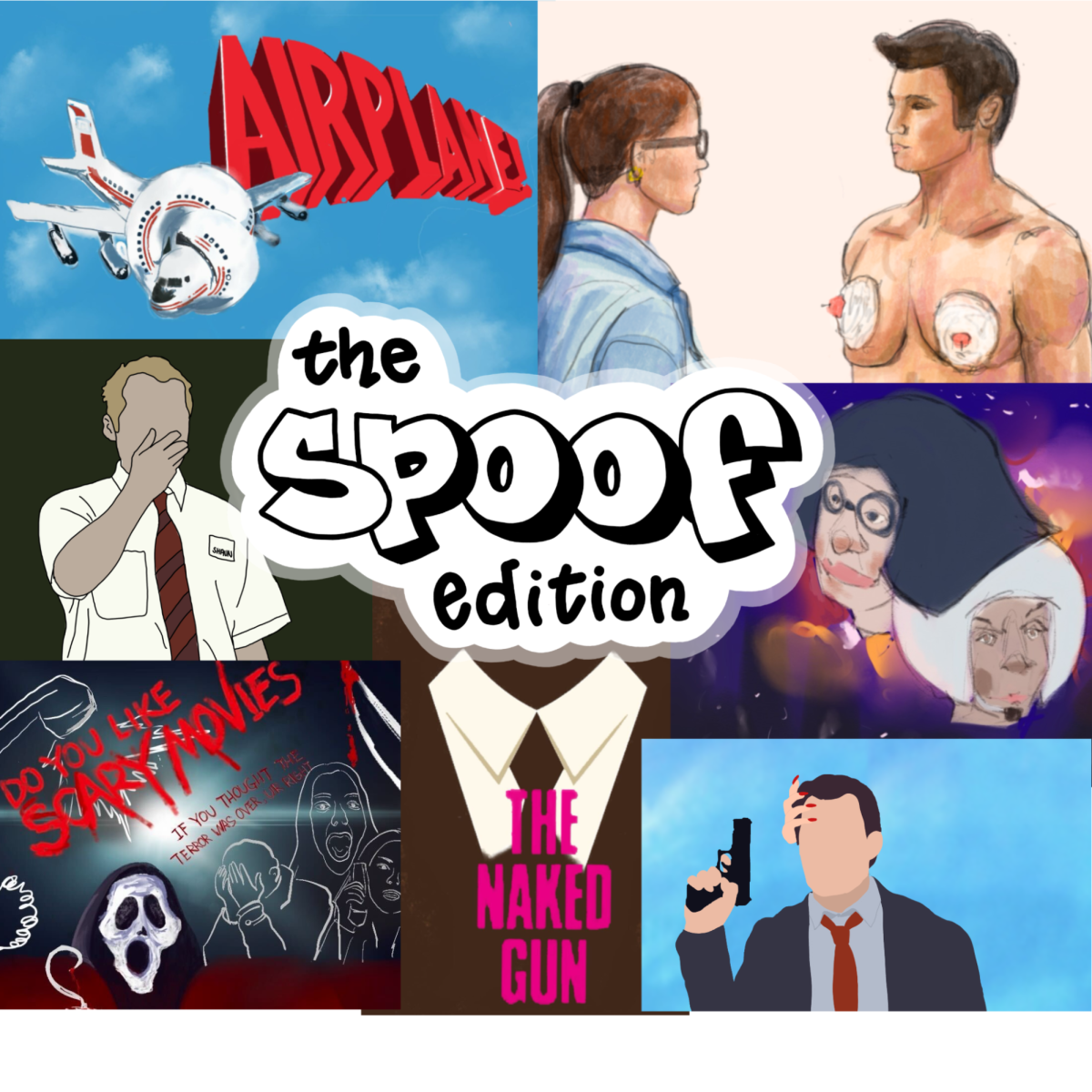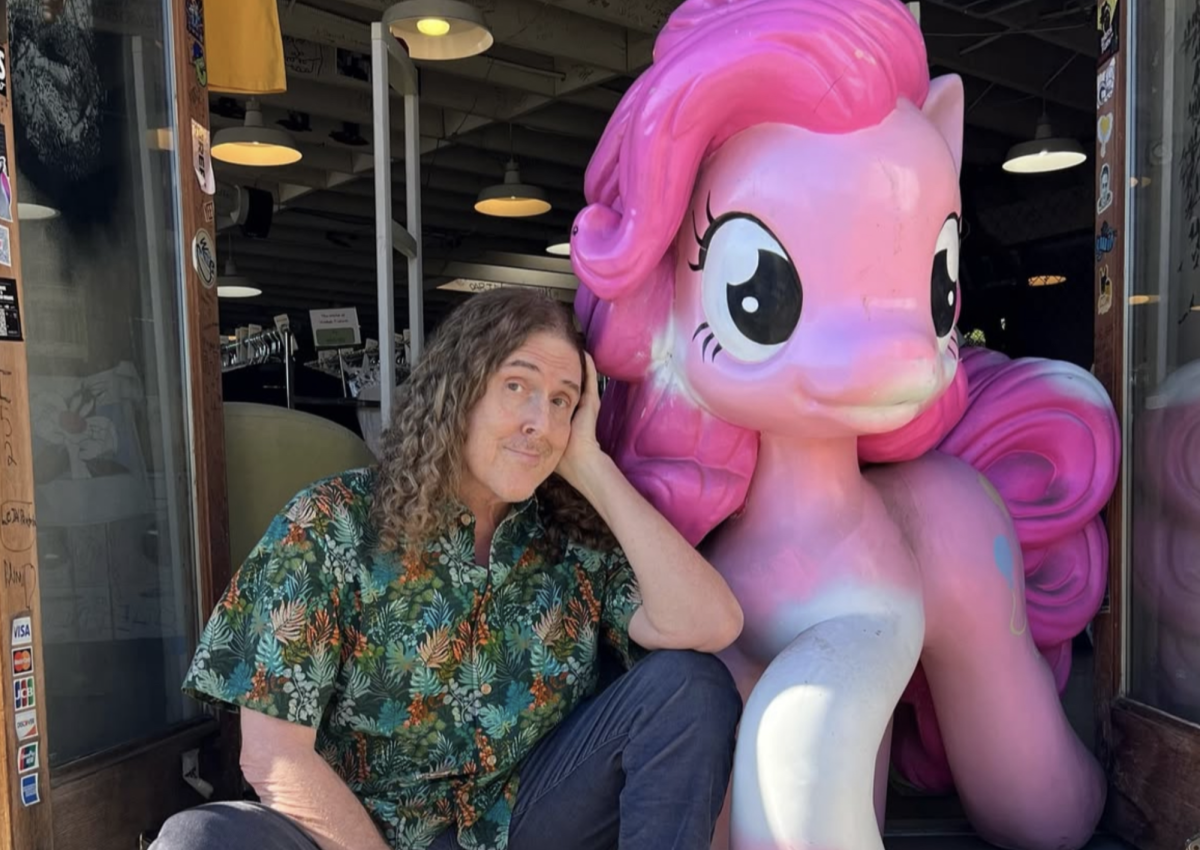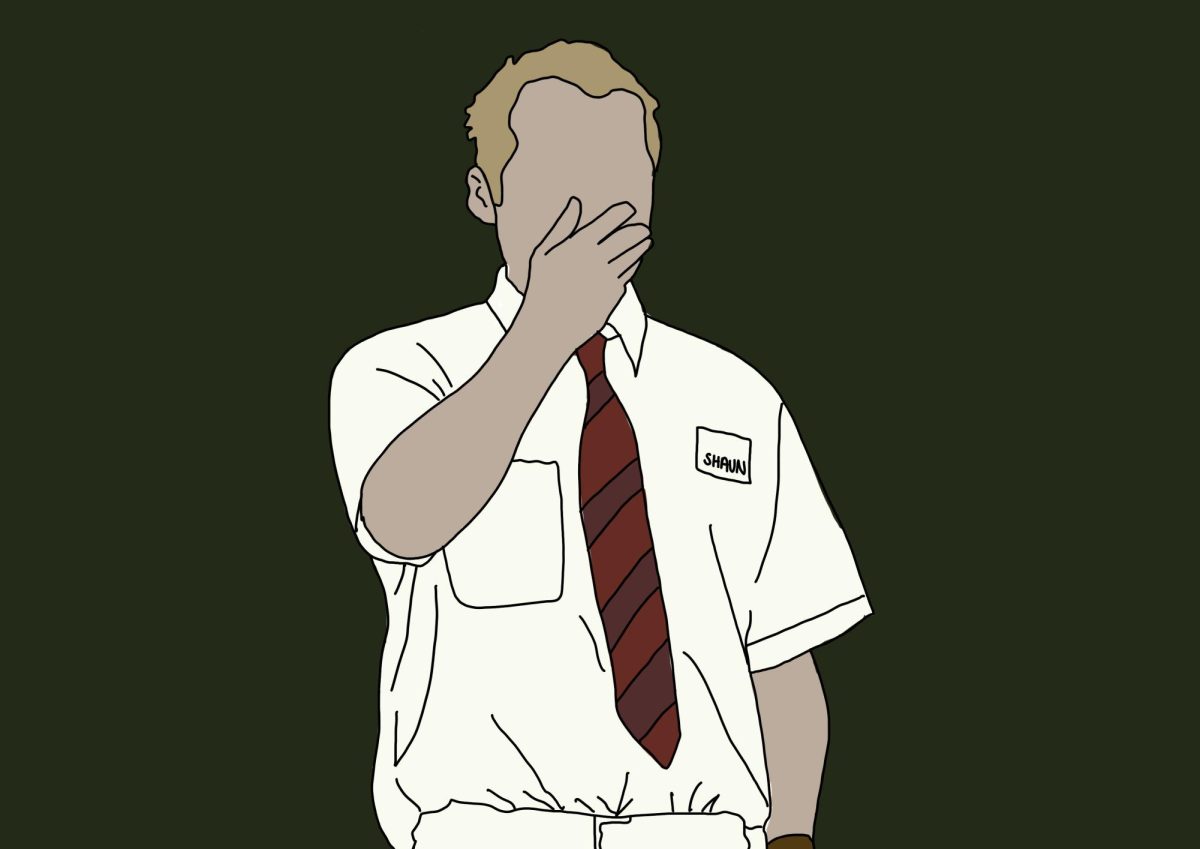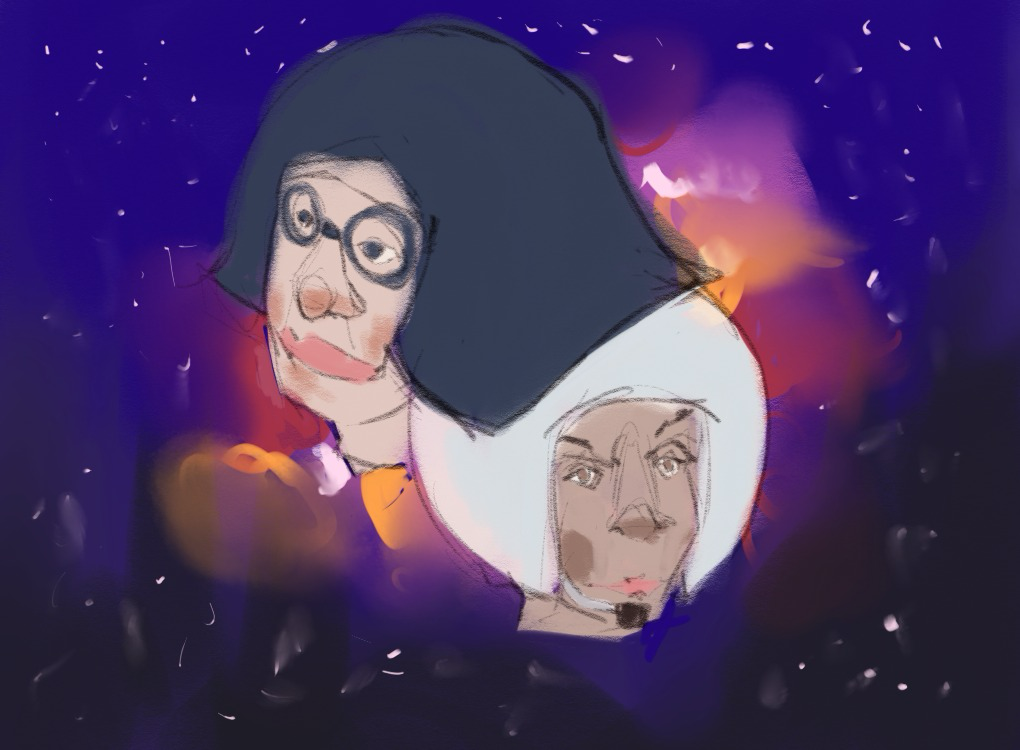
Netflix’s “Wednesday” returns for its second season with higher stakes, bigger mysteries and a wider exploration of the outcast world.
The new season thrusts viewers back into the world of Nevermore Academy with exciting new developments. This school year, Wednesday Addams (Jenna Ortega) is reunited with her colorful roommate Enid Sinclair (Emma Myers), the ever-loyal sentient hand Thing (Victor Dorobantu) and a new, obsessed but invisible companion, Agnes DeMille (Evie Templeton). Wednesday sets out to solve a set of murders that point her in the direction of Willow Hill Psychiatric Hospital. However, the hospital houses none other than her ex-friend-almost-lover, Tyler Galpin (Hunter Doohan), still imprisoned following the events of last season.
The acting is by far the show’s biggest triumph, with Ortega and Myers delivering standout performances. In one of the season’s best moments, the pair is asked to embody each other’s character, a narrative choice that highlights their range and versatility. Both actors’ ability to slip seamlessly into opposite personalities proves neither is a one-trick pony.
Owen Painter, a newcomer to the show, also shines as Slurp, a zombie revived by Wednesday’s brother, Pugsley Addams (Isaac Ordonez). He is phenomenal yet horrifying as he eats brains and slowly regains consciousness with each one (who knew that was why zombies needed to eat brains).
Family tensions add another layer of conflict. Morticia Addams (Catherine Zeta-Jones), now a member of Nevermore’s fundraising committee, much to Wednesday’s chagrin, brings parental oversight into Wednesday’s daily life. This constant presence, coupled with Wednesday’s ongoing struggle to gain control over her psychic powers, grounds the series in familiar teenage frustrations despite the show’s characteristically gothic lens.
The season expands the show beyond the confines of Nevermore to explore the wider world of outcasts. This shift highlights tensions between outcasts and normies, reminiscent of the human-mutant struggle from the “X-Men” universe. The new season also boasts a big-name appearance by Lady Gaga, while Doohan returns as Tyler Galpin, delivering a performance that balances menace with a quiet vulnerability. His character remains a morally complex foil to Wednesday, adding intrigue and depth to the ensemble.
Yet, despite its strengths, the season struggles with consistency and faithfulness to the source material. In attempting to broaden the universe and raise the stakes, the show sacrifices some of its heart. Wednesday, a character traditionally defined by her apathy, now shows a striking level of care and emotional investment — necessary to drive the story but a potential betrayal of her core identity. The show’s departures from “The Addams Family” canon continue. Some elements, like the introduction of Grandmama Hester Frump (Joanna Lumley), feel like nods to placate traditionalists rather than intentional narrative choices. The new characters and storylines almost seem to overshadow the macabre humor and deadpan wit that drew audiences in. While Wednesday keeps her signature dead humor, her actions often contradict her attitude, creating a dissonance that makes her appear forced in her apathy.
Ultimately, this season is a bold continuation that succeeds in expanding the “Wednesday” universe while slightly stumbling in its character development. Strong performances and witty dialogue keep it engaging; however, its uneven tone and questionable omissions of source material leave me conflicted. While I enjoyed a season full of spectacle, it left me with the question: How far can “Wednesday” stray from its roots before it loses what made it special in the first place?









